
The power of representation can never be underestimated. For many of us who grew looking at mainstream media and feeling like we didn’t belong due to the limited representations on screen, we can take comfort in the fact that this is changing. Digital media and social platforms have especially been instrumental in giving more diverse voices a platform they didn’t have before.
It also means more people have the power to be role models and influencers. One person who is utilizing their platform to benefit others is Canadian DJ O Show. Her real name is Orene Askew, and she is an Indigenous, African-American, two-spirited person. Inspired by Hip Hop and R&B, her music has taken her all over Canada playing shows, events and concerts, such as We Day. She is also an instructor at the School of Remix in Vancouver where she is based, teaching kids how to become a DJ.
O Show also travels the country as a motivational speaker, targeting youth by encouraging and inspiring especially marginalized kids to help them pursue their ambitions and dreams. She has a unique place in the world of DJ-ing: she is female and indigenous. Hailing from the the Squamish Nation, O Show has mentioned in previous interviews with Canadian press that she wants to help aboriginal youth in Canada recognize their potential, as she has done.

Although she has a website, most of her bookings (for weddings, birthdays, parties, events, etc) come from word of mouth as there are not many DJs like her. She launches her own business thanks to a grant from the Squamish Nation, which enabled her to buy a mini turntable set. The grant came after she created a detailed business plan that won her Best Business Plan from the Aboriginal Best Program.
“I have a really good niche. There’s not a lot of female DJs out there,” she told Vancouver’s North Shore News.
Because of her success in her career, she has become a spokesperson and role model for other indigenous youth, something she is passionate about. Talking to the CBC, O Show says she knows the value of marginalized kids seeing role models, especially in media and entertainment, who look like them, as this was something she wished she had growing up.
“I remember being that young person, and looking at the television, media and arts and not really seeing people that looked like me. I used to get teased about the gap in my teeth, being gay, being tall. People will try to keep things the same but your differences will help you,” she said.
Her motto is “diversity makes beautiful music” and it’s easy to see how this is interwoven throughout her work and music. O Show lives on the reserve and is extremely proud of where she comes from, something she shares with the youth she interacts with. With the growing amount of attention she is receiving through the media, part of her advocacy has also become educating others about indigenous people.
“People are still uninformed about what it’s really like to be indigenous. I take it as a platform to teach people that we’re not those stereotypical people. We’ve been treated like second class citizens for a very long time, but there was a point where we were first class citizens. It’s kinda like bringing that back,” she said.

One of the most notable ways indigenous people, in particular women, have made news in Canada in recent years is due to the high number of missing and murdered women and girls. The issue has grown in intensity over the past few years, and became an issue Prime Minister Justin Trudeau promised he would investigate. The latest news from the inquiry showed 150 indigenous leaders urging the government to overhaul the inquiry, as they were not pleased with the lack of transparency and the number of resignations.
There is ongoing demand for better leadership for the inquiry so as to better understand the issues that lead to violence toward indigenous women and girls. The leaders have accused the government of imposing a misguided, harmful colonial process which “continues to create trauma as well as insecurity and a lack of safety for our families, communities, and loved ones”, according to the Guardian. This colonialism is something that needs to be addressed in order to best serve indigenous populations.
It is something DJ O Show also recognizes as an important topic, especially when talking about identity and gender. She talks about being a two-spirit person, inhabiting both feminine and masculine traits, and this is quite common among indigenous people.

“Before colonization there were five different genders. There were special villages for two-spirited people. I’ve been taught that we’re really powerful,” she told the CBC.
O Show is a unique voice even within the indigenous population, as she is able to bridge a number of divides and create the type of intersectional representation some youth may not have anywhere else.
“I wanna be a role model for kids so they can look on television and see someone who looks like them. I’m part of three different worlds, and it’s awesome,” she said.
We’re so inspired by DJ O Show and the way she is using her platform to empower other people. Representation is a powerful thing and can literally change the course of someone’s life or career. We have no doubt the more visibility she gets from mainstream media, the more impact she will have not just on the indigenous youth, but other people too. You an learn more about DJ O Show, aka Orene Askew, in the video below where myVancouver documents a typical day in her life.











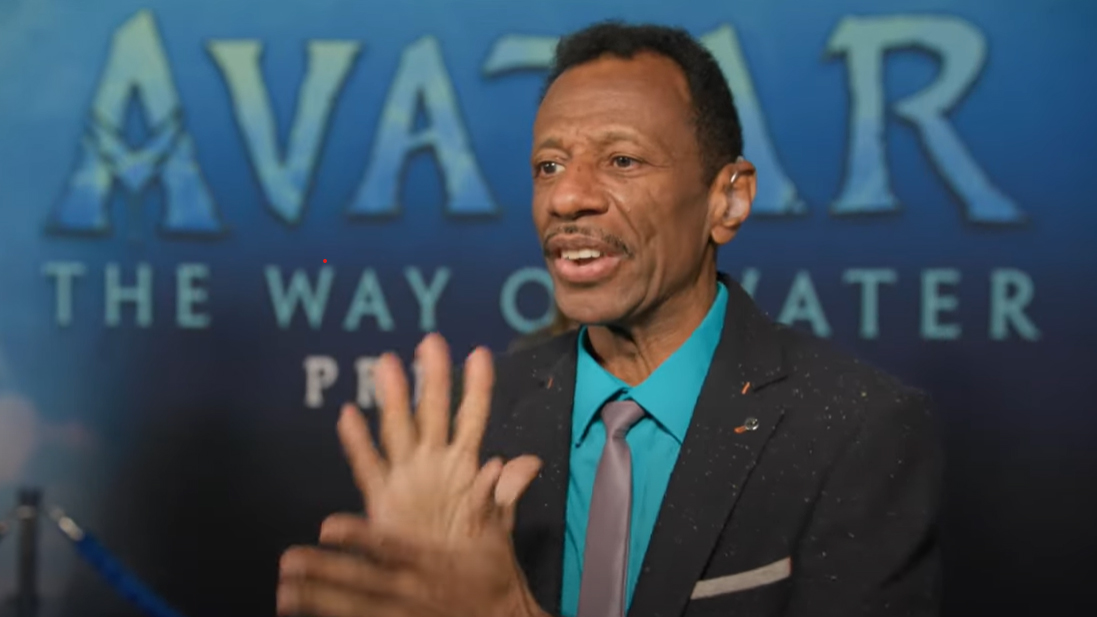
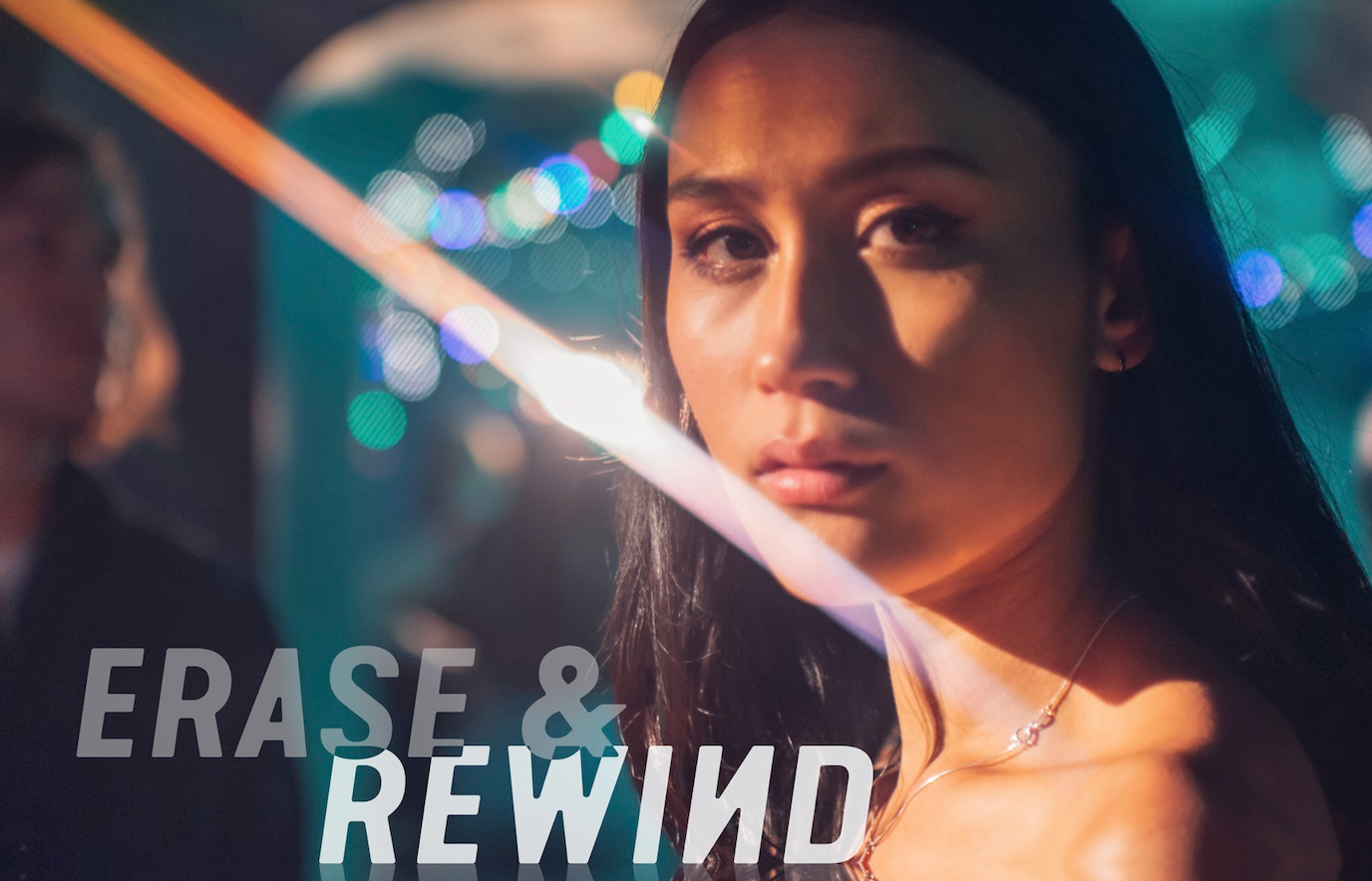
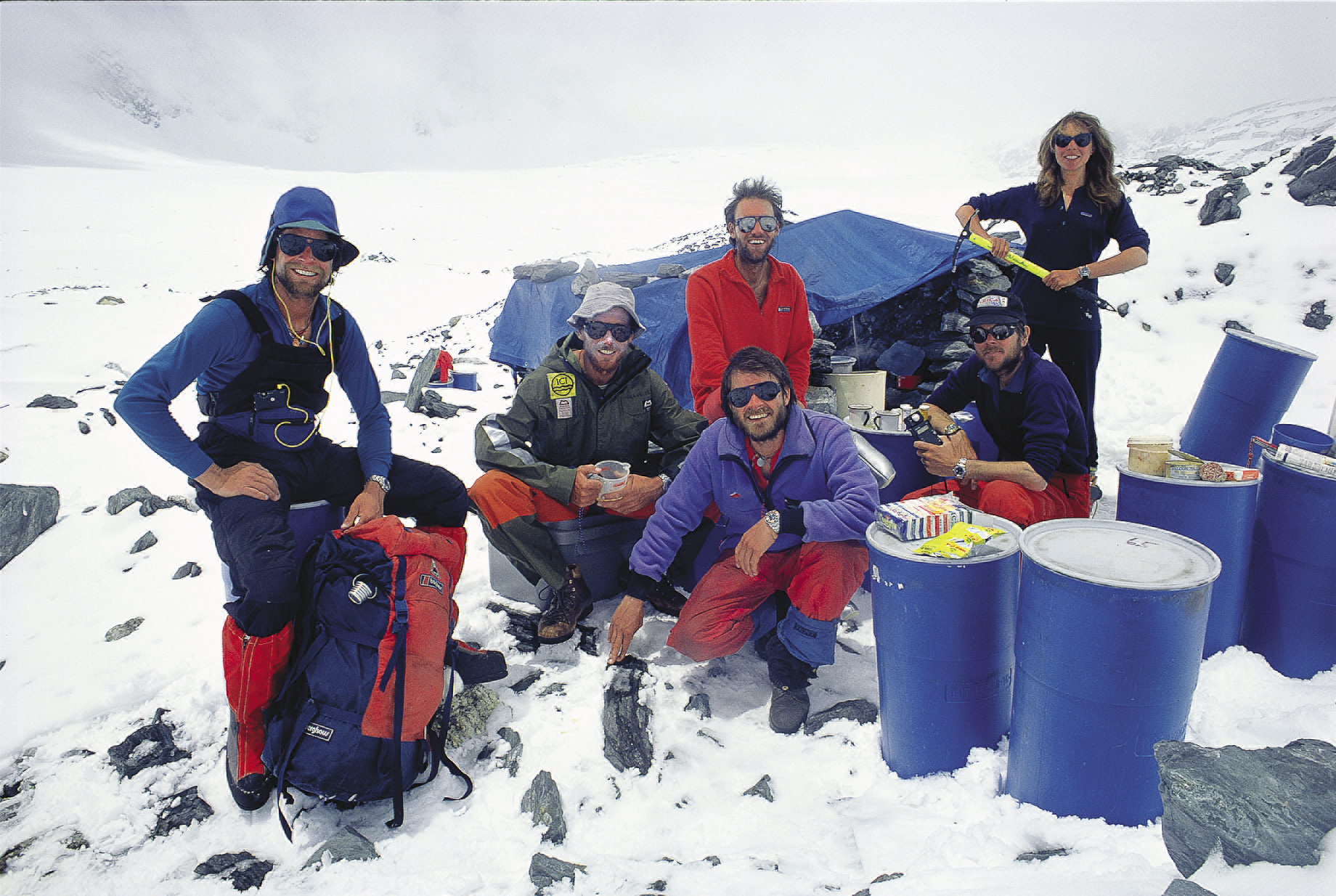
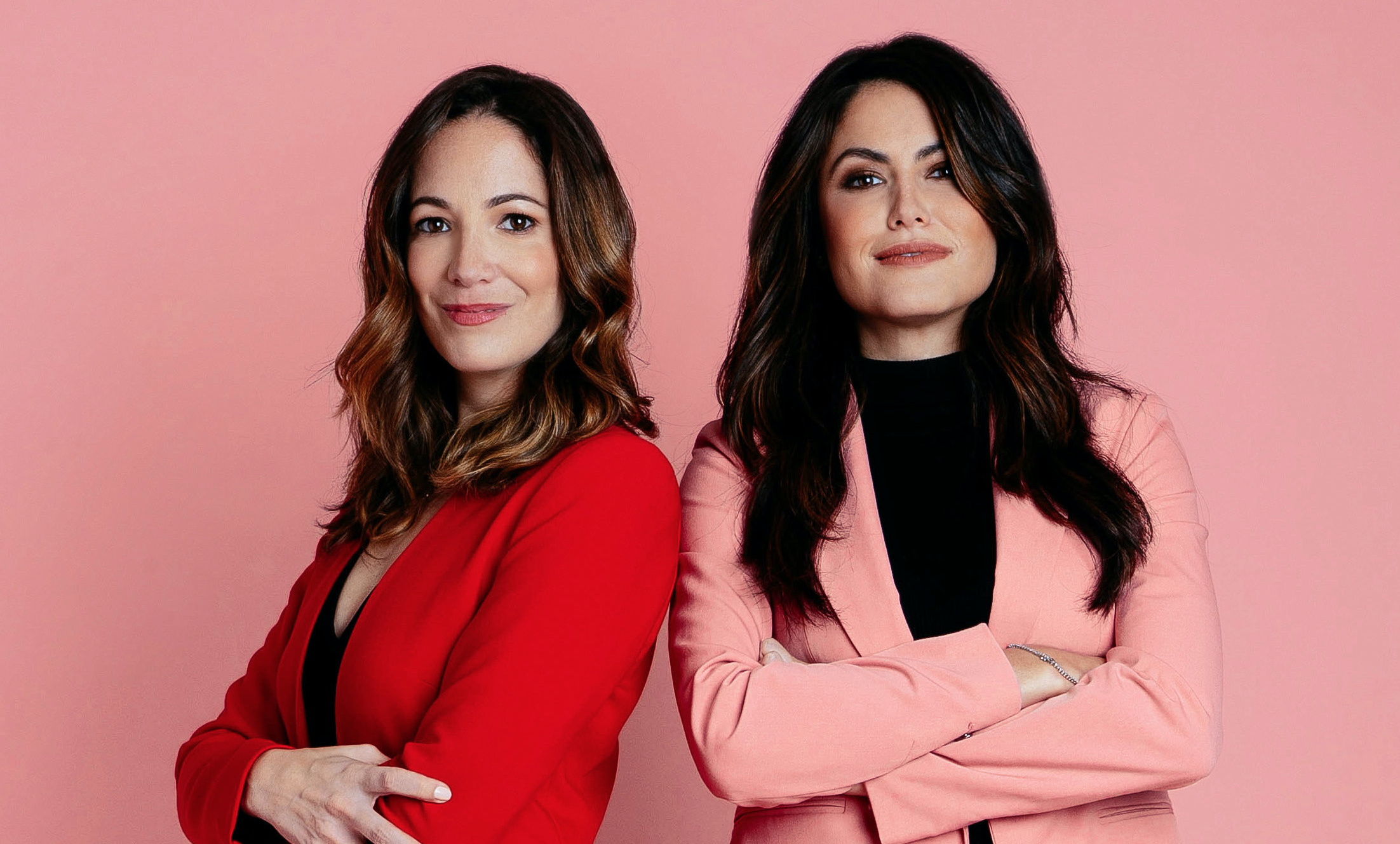
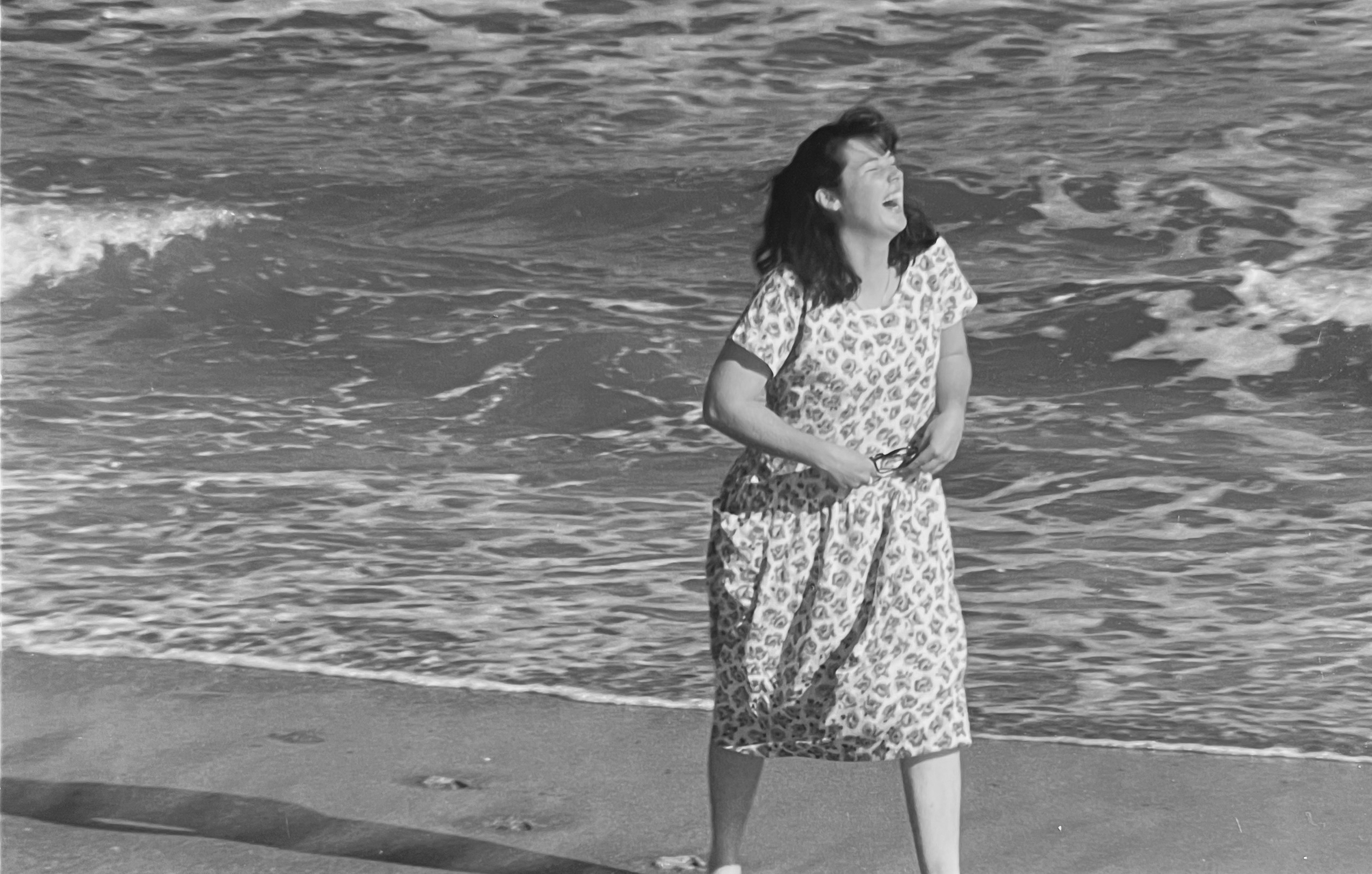
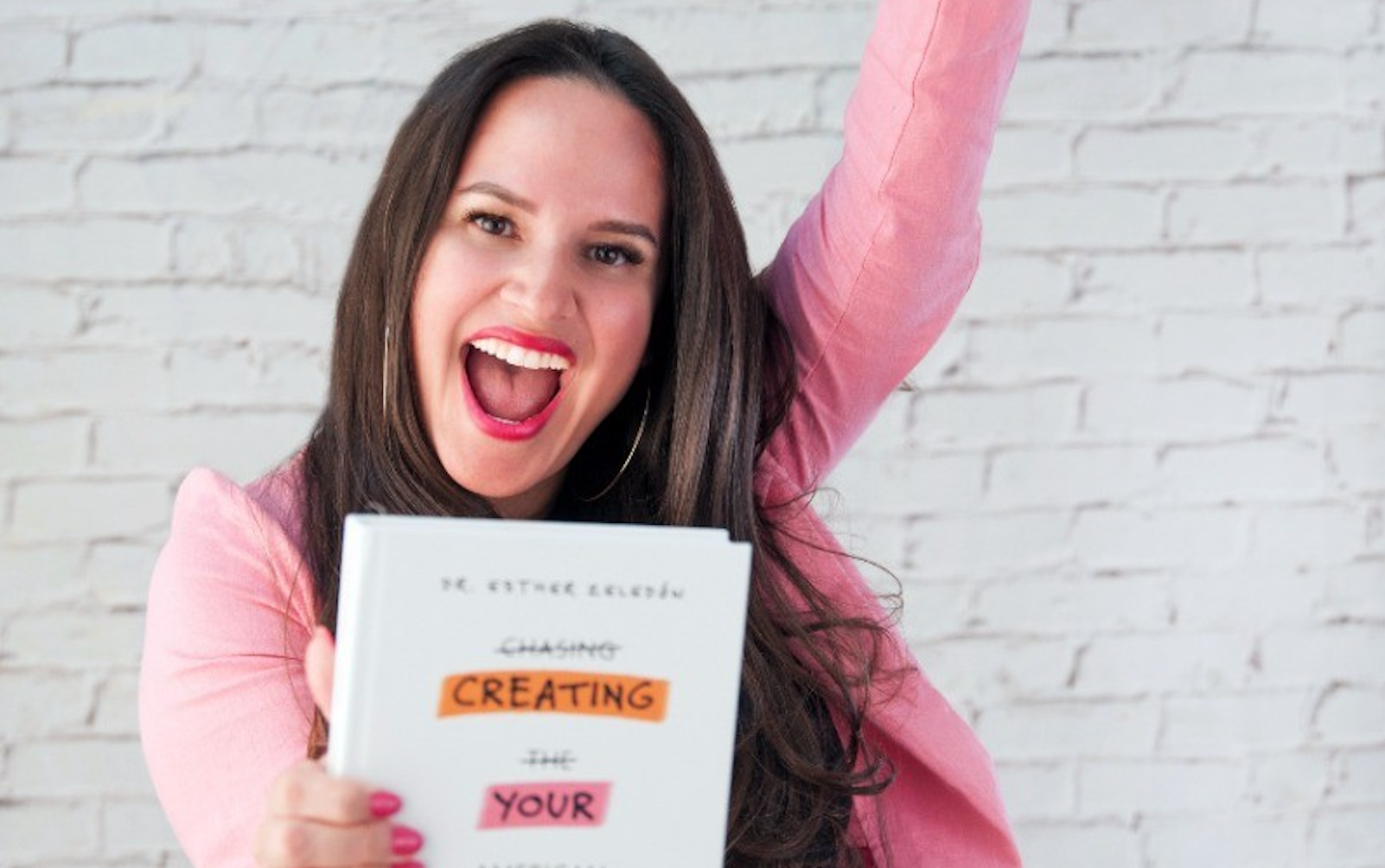
One thought on “Canadian Indigenous-Black DJ Empowering Marginalized Youth To Feel Represented In Media”